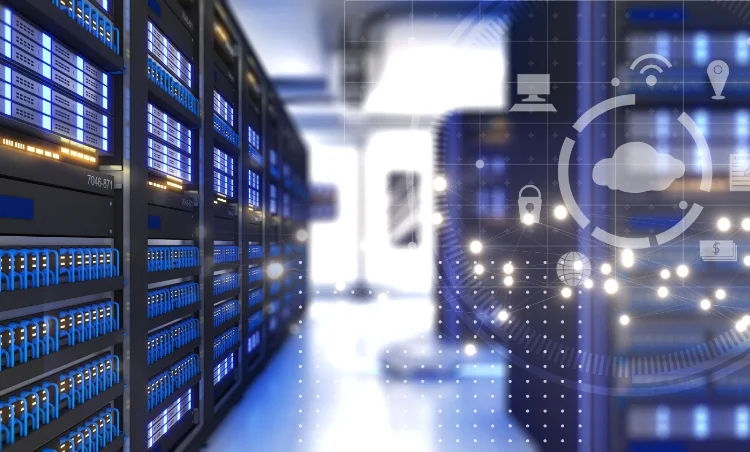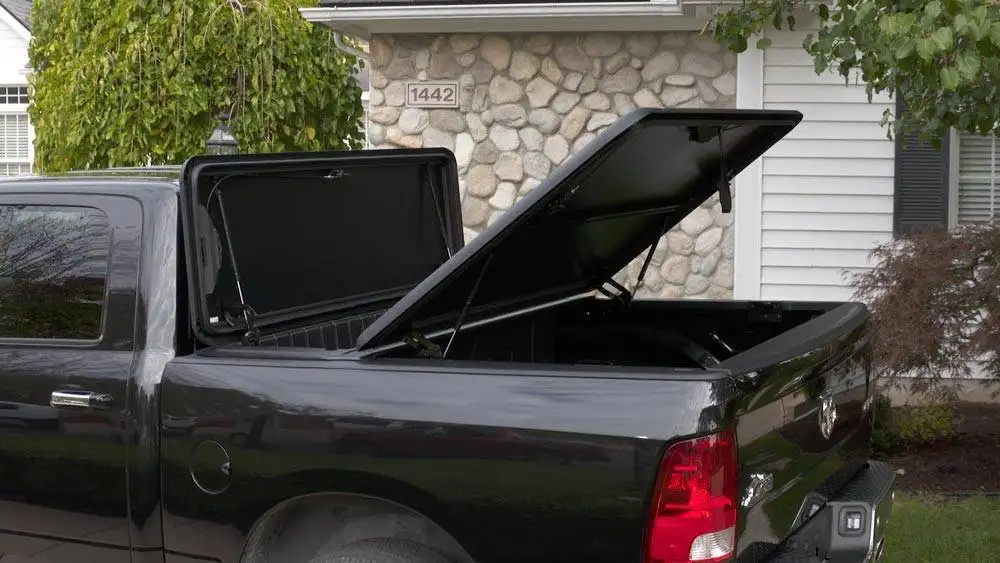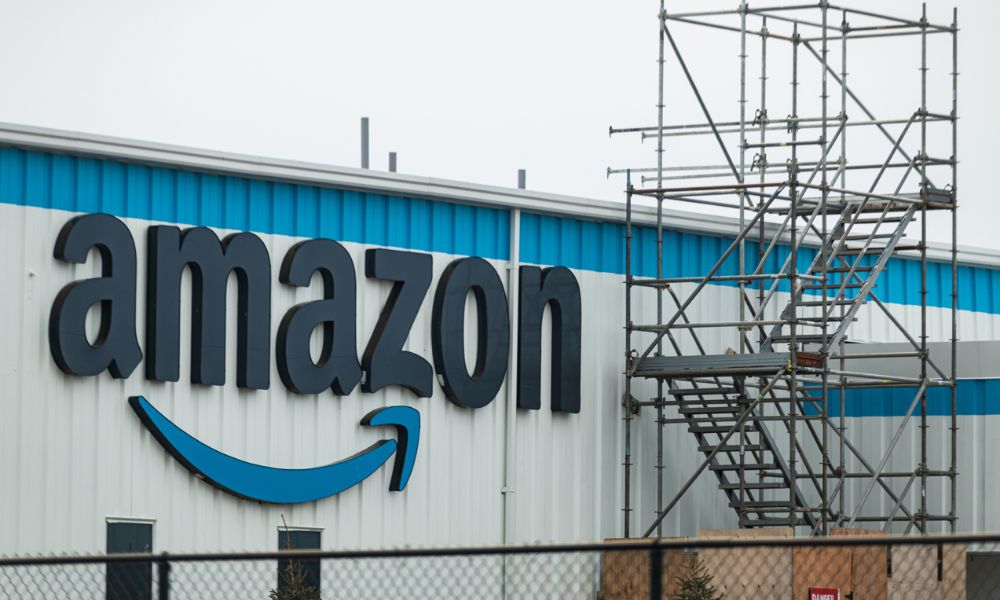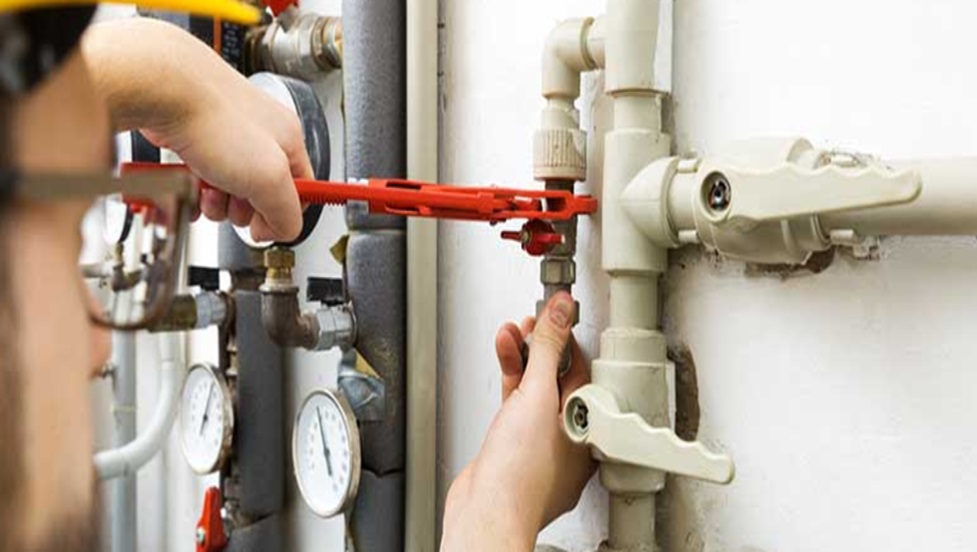Gas plumbing is an essential aspect of modern homes, providing a reliable source of energy for heating, cooking, and more. However, it’s crucial to understand the potential risks associated with plumbing and the best practices for ensuring home safety. In this comprehensive guide, we’ll delve into expert insights and offer practical tips for navigating the world of plumbing, and protecting your home and loved ones.
The Importance of Gas Plumbing Safety
Safety should always be the top priority when it comes to plumbing. Gas leaks, improper installations, and malfunctioning appliances can lead to hazardous situations, including fires, explosions, and carbon monoxide poisoning. Therefore, homeowners must be vigilant about maintaining their plumbing systems and following best practices for safety.
Common Gas Plumbing Issues and Risks
Several common issues and risks are associated with plumbing, highlighting the importance of regular maintenance and proper installation:
Gas Leaks: Leaking pipes or fittings can release natural gas or propane into the home, posing a significant safety hazard. Gas leaks are often characterised by a foul odour resembling rotten eggs, but in some cases, they may be odourless.
Carbon Monoxide Poisoning: Malfunctioning gas appliances can produce carbon monoxide, a colourless, odourless gas that is highly toxic. Carbon monoxide poisoning can lead to symptoms such as headaches, dizziness, nausea, and even death if not detected promptly.
Fire and Explosion: Improperly installed or maintained plumbing systems can increase the risk of fires and explosions. Gas leaks, faulty connections, and damaged appliances can all contribute to these potentially catastrophic events.
Health Risks: In addition to carbon monoxide poisoning, plumbing issues can also lead to other health risks, such as respiratory problems and allergies, due to the release of pollutants and contaminants into the air.
Expert Insights on Gas Plumbing Safety
Homeowners can take several proactive measures to enhance plumbing safety:
Schedule Regular Inspections: It’s crucial to have your plumbing system inspected by a qualified professional at least once a year. During these inspections, the plumber will check for leaks, ensure proper ventilation, and assess the condition of appliances.
Invest in Carbon Monoxide Detectors: Carbon monoxide detectors are essential for detecting the presence of this silent killer in your home. Make sure to install detectors on every level of your home and near sleeping areas, and test them regularly to ensure they are functioning correctly.
- Know the Signs of Gas Leaks: Familiarise yourself with the signs of a gas leak, such as a rotten egg odour, hissing sounds near gas appliances, and dead vegetation near outdoor gas lines. If you suspect a gas leak, evacuate your home immediately and contact your gas utility provider or emergency services.
- Avoid DIY Plumbing Repairs: Plumbing repairs should always be left to the professionals. Attempting to repair or modify your plumbing system without the necessary expertise and equipment can result in serious injury or property damage.
Best Practices for Gas Plumbing Maintenance
In addition to seeking expert advice, homeowners can adopt several best practices to ensure the safety and reliability of their plumbing systems:
- Keep Vents Clear: Make sure that vents for gas appliances, such as furnaces and water heaters, are free from obstructions. Blocked vents can lead to improper combustion and the release of harmful gases into your home.
- Inspect Gas Appliances Regularly: Routinely inspect your gas appliances for signs of wear and tear, including rust, corrosion, and loose connections. If you notice any issues, contact a licensed plumber or HVAC technician for repairs.
- Follow Manufacturer Guidelines: Always follow the manufacturer’s guidelines for the installation, operation, and maintenance of gas appliances. Failure to do so could void warranties and compromise safety.
- Practice Safe Cooking Habits: When using gas stoves or ovens, ensure proper ventilation by using range hoods or opening windows. Never leave cooking appliances unattended, and promptly turn off the gas if you detect any unusual odours or sounds.
Community Awareness and Advocacy
Beyond individual efforts to maintain plumbing safety, fostering community awareness and advocacy can contribute to a safer living environment for everyone. Homeowners associations, neighbourhood watch groups, and community centres can serve as platforms for sharing information and resources related to plumbing safety. By organizing workshops, distributing educational materials, and advocating for stricter safety regulations, communities can work together to prevent gas-related accidents and promote greater awareness of potential hazards.
Furthermore, staying informed about local building codes and regulations pertaining to plumbing installations and inspections is essential. By holding policymakers and regulatory bodies accountable for enforcing safety standards, communities can create a safer environment for residents and encourage responsible practices among contractors and service providers. Ultimately, a collective commitment to plumbing safety benefits everyone, ensuring that homes remain secure and families are protected from preventable hazards.
Conclusion
Gas plumbing plays a vital role in modern homes, providing a convenient and efficient source of energy. However, it’s essential to prioritize safety and take proactive measures to mitigate the risks associated with plumbing. By understanding common issues, seeking expert advice, and following best practices for maintenance, homeowners can ensure the safety and well-being of their families for years to come. Remember, when it comes to plumbing, safety always comes first.













